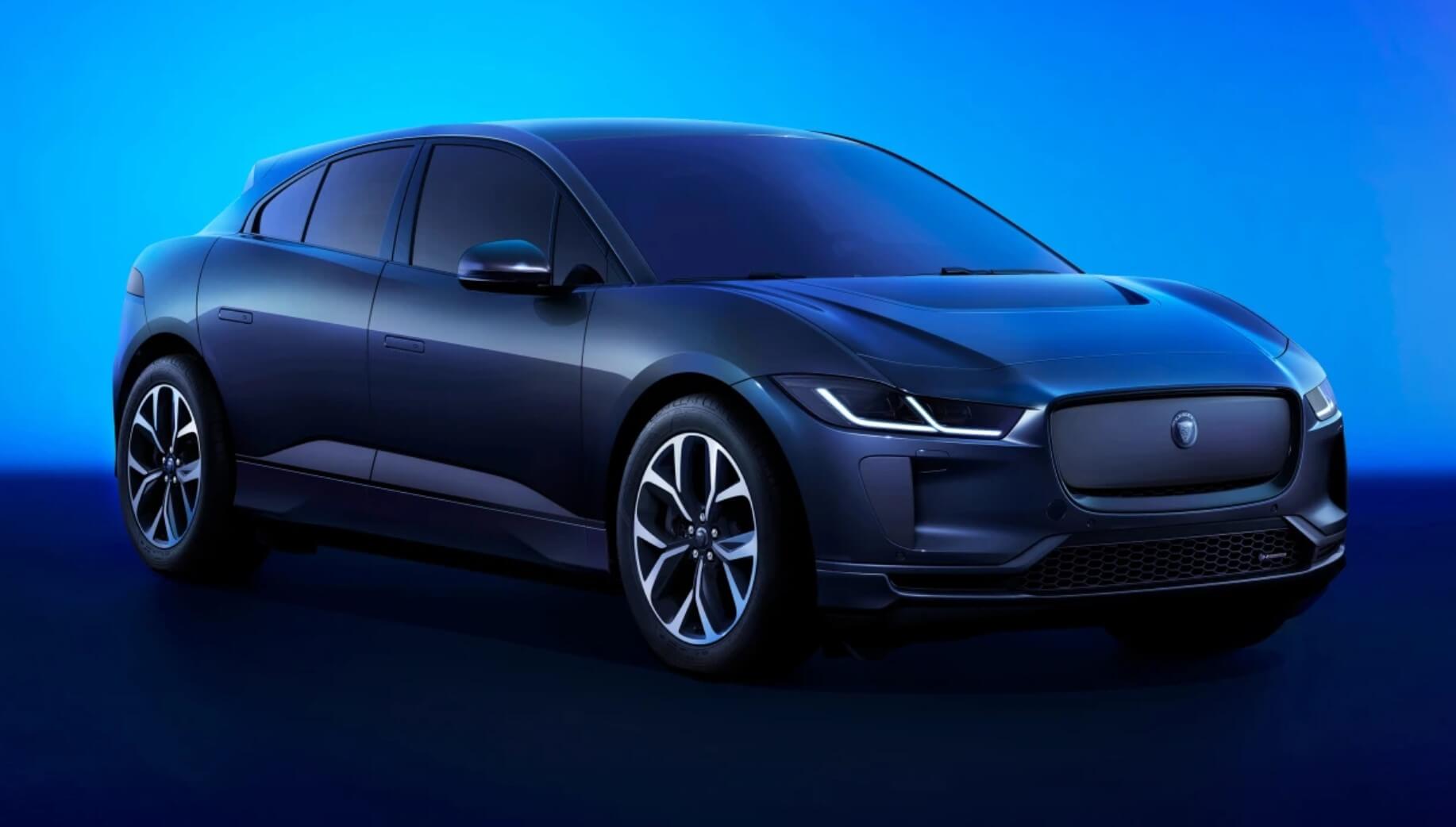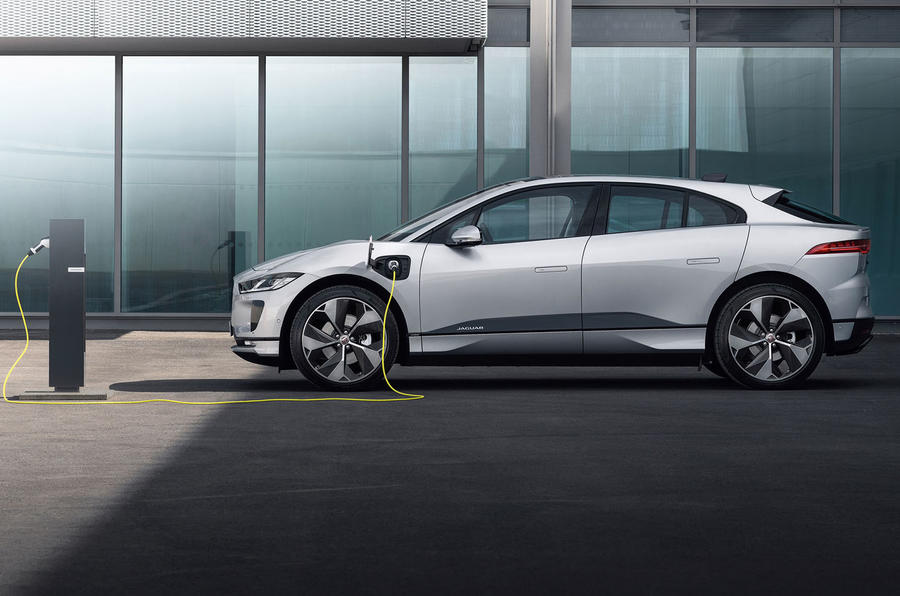Financial Times reports Tata will build a battery factory in Spain or Somerset, and UK ministers have “weeks” to offer support.
Jaguar Land Rover owner Tata Motors is reportedly seeking upwards of £500 million (AUD$890 million) in support from the UK government for a new British EV battery factory.
According to the Financial Times, which has spoken to people involved in discussions, the Indian industry giant has given UK ministers “weeks” to offer their support to the scheme, having previously announced plans to build a battery plant somewhere in Europe.
The FT reports that Tata has narrowed down its locations to either Spain or south-west England, and has obtained confirmation of the talks from a UK government spokesperson, who said: “We . . . are engaging with them — whether or not the talks go anywhere depends on whether a final amount can be agreed.”
Jaguar Land Rover would not comment on the report when approached by Automotive Daily Network partner Autocar, and the FT had the same response from Tata.
The report also says Tata is investigating the possibility of partnering with Chinese battery manufacturer Envision AESC for the new site – with Somerset named as a potential location. JLR has previously been linked with rumours of a potential battery site near Bridgewater, as have Tesla and Rivian.
Envision already has a site in Sunderland, where it builds batteries for partner Nissan’s Leaf EV, and recently obtained £100m (AUD$178m) in UK government support for a massive expansion of the facility in line with increased EV production at the Nissan site.
Tata Motors chief financial officer PB Balaji confirmed plans for a European battery plant at Auto Expo 2023 in Delhi, India. It will primarily supply JLR and India-based Tata Motors but will also sell batteries to the wider market.
It will produce cells using two chemistries – lithium iron phosphate (LFP) and nickel manganese cobalt (NMC) – with the latter earmarked for JLR, Balaji confirmed.
“We are well covered on the production plans for batteries, but we will require some cell capacity coming into Europe,” said Balaji.
The move could be a significant step towards ensuring Jaguar Land Rover complies with European ‘Rule of Origin’ regulations for electric vehicles, which become stricter from 2024. The rules currently require at least 40 per cent of the content in an electrified vehicle sold in the UK or EU to be sourced from the region, but become 5 per cent tougher from next year.
For battery packs, this change will be more severe, with the minimum threshold for locally sourced content doubling from 30 per cent of a pack’s total value to 60 per cent.
JLR is poised for a radical reinvention as electrification dawns. Jaguar plans to completely relaunch with a trio of electric sports SUVs to challenge the likes of Bentley from 2025, a year after the first Range Rover EV arrives.
Although the Tata Group has announced the plant will supply the British firm, it did not specify which proportion of JLR’s total battery supply this will account for – nor did it give a date for the start of production.
Tata has yet to rule out the possibility that JLR will look to external suppliers. Bloomberg reported in May 2022 that the firm was in talks with Swedish cell maker Northvolt and the Germany-based unit of China’s Svolt. Such a deal would secure the supply of batteries for a range of electric vehicles to be built in its factory in Nitra, Slovakia, Bloomberg said.
Speaking at the recent unveiling of Jaguar’s 2023 Formula E racer, JLR sustainability director François Dossa revealed that the firm had finalised plans for battery supply for its new-generation EVs, due from 2024.
Asked for specifics on a supplier, Dossa refused to be drawn: “This is not ready to be shared yet. But we know exactly where the battery will come from. But the information is not public.”
He added that JLR engineers “are already working with” the unnamed supplier to ensure the sustainability and viability of the battery packs, but offered no details on his own requirements in these areas.





